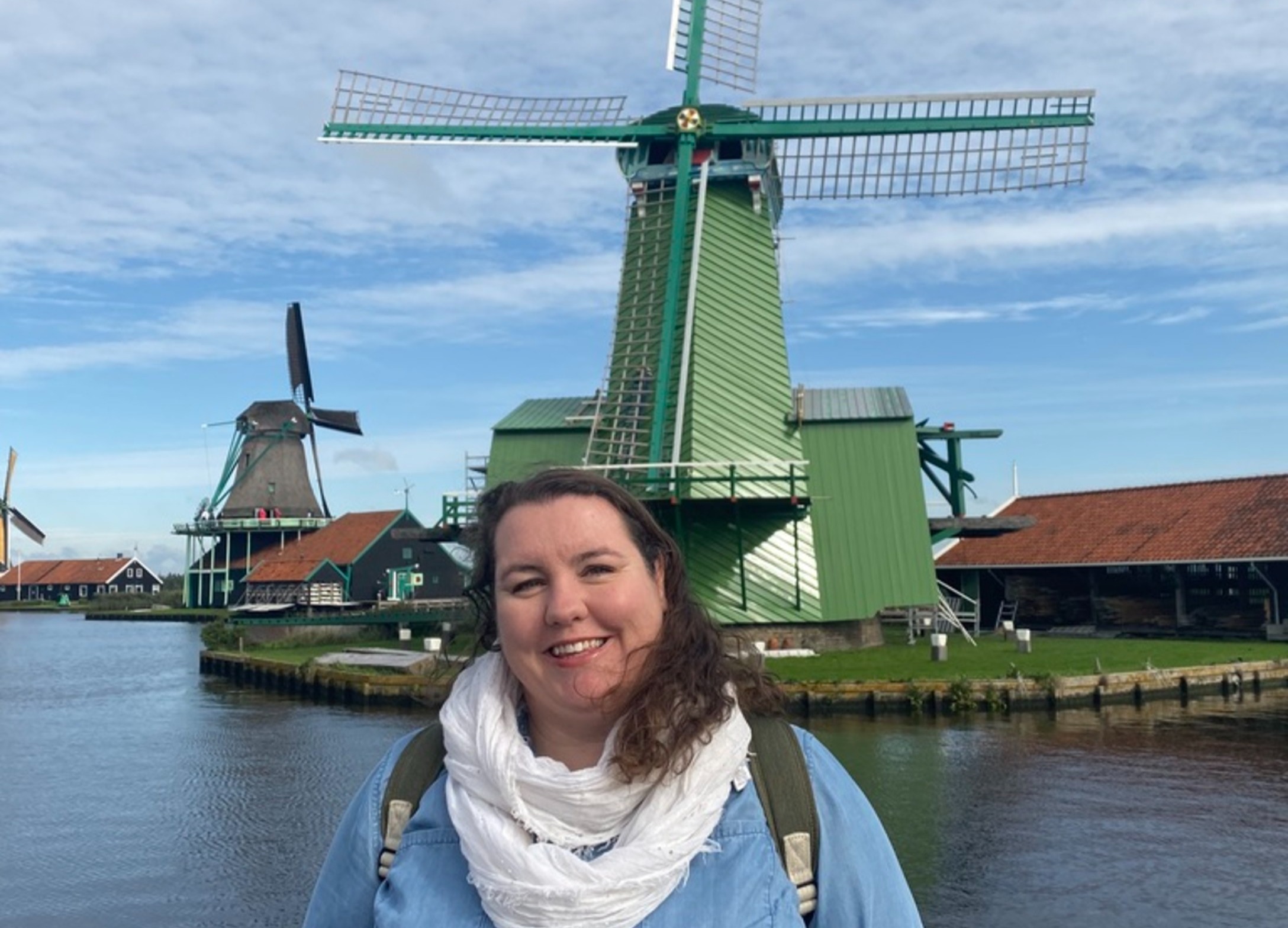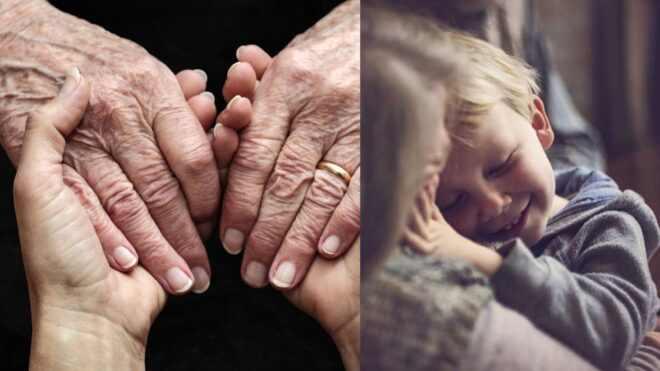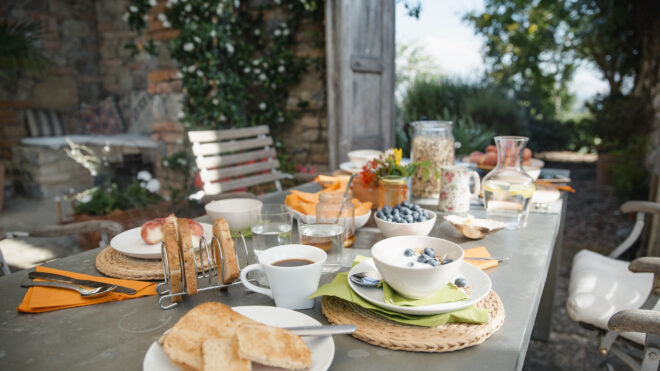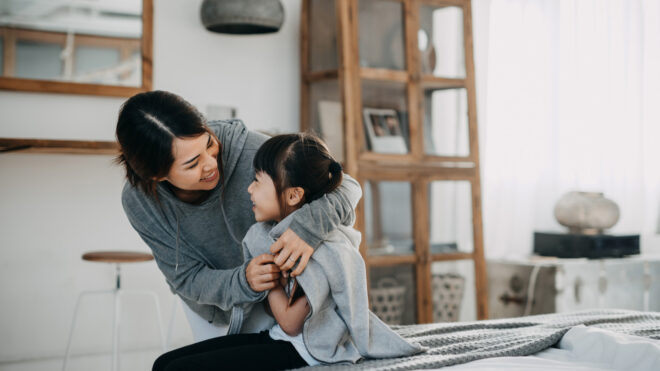
One of the best afternoons of my life was spent walking along a canal in Amsterdam. I had a fresh stroopwaffel in my hand, enough basic Dutch skills to understand bits and pieces of the conversations happening outside the cafes I walked past, and tickets to a Dutch national team soccer game later that night. I’d been in the Netherlands for just over a week, exploring the country by train, bike, and foot all while practicing my Dutch and wondering, yet again, why my mother didn’t seem to miss this place at all.
My mother was born on a farm in the Dutch province of Gronigen, where she lived until she was a teenager and her parents and sisters immigrated to the United States. They settled in a farming community in Michigan, surrounded by other Dutch immigrants. She eventually met and married my father, a man who was born in the US but whose family also had deep Dutch roots.
Fast forward 20 years, and you find my family living in a decidedly non-Dutch community in Arizona.
Nobody speaks Dutch. Other than the occasional treat Dutch chocolate letters at Christmas and my mother’s favorite double salted black licorice that she has delivered once or twice a year, we don’t eat Dutch food. We don’t talk about the hows and whys of why my mom’s family immigrated in the first time. While one of my aunts makes yearly visits back to the Netherlands, there is no discussion of that as a dream for our family. Sometimes my mother hears people speaking in Spanish at the store and grows irritated, telling me that if they live here, they should learn to speak English, just like she did.
She’s an immigrant with little sympathy for other immigrants who hold on to their language or their culture.
As I grow up, I’m raised to be both proud of the fact that I’m Dutch and raised with almost no awareness of what being Dutch means, culturally speaking. My parents regularly make comments about how they hope that my siblings and I will marry people of Dutch descent when we grow up, which feels like a challenging request to me, given that the only other Dutch people we know are at our church and there is exactly one boy my age there.
It isn’t until later in life that I even wonder why that mattered to them, given how not-Dutch my whole upbringing was. I didn’t yet understand how the pressure to assimilate could be so strong that it looks like cultural abandonment. One some level, I think I believed the cultural lie I’d been told: that the United States is the best country in the world and that living here must be better than living somewhere else.
Eventually I left home for college and started a winding path that just might lead me back to the Netherlands someday.
In college, I chose Dutch as my foreign language. I took classes in anthropology, sociology, history, and political science that helped me understand more about the immigrant experience and about the culture pressure my mother’s generation of immigrants felt around speaking English only. I learned more about the political climate and social welfare system of the Netherlands and marveled at how the country of legalized marijuana and sex work produced my two deeply conservative parents.
When I had children of my own, I had to make a choice about how Dutch they would be.
Afro Caribbean. They know they have family roots in the Netherlands, yes, but also in Panama, Jamaica, St. Lucia, and West Africa. My son cheers for the Dutch national soccer team and his favorite soccer player is a Dutch star on an English team, but also strongly identifies as Black first. I teach my daughter how to count to 10 in Dutch and my husband teaches her to do the same in Spanish. We’re in a process of reclaiming and retaining culture where we can and we dream out loud of moving overseas someday, of giving our kids the gift of being truly multicultural.
When I finally went to the Netherlands, it felt like coming home in some ways. I heard echoes of my grandparent’s voices in the accents of the people I met there. I stayed in the home of a Dutch family and found myself jealous of the security they have to raise children in a country where there is a strong social safety net and almost no threat of gun violence.
When it was time to come home, I felt deep sadness and a sense of certainty that I would be back, with my children, with a dream of making a home there.
While COVID has delayed that dream, I still plan for the day I can share the country with my kids and I wonder if, in some ways, I’m more Dutch than my mother and what she’d say if she knew I’d want to reverse her journey. But these are the things that we don’t talk about, largely because I don’t think my mother likes to think of herself as an immigrant. Maybe she doesn’t want to think about what she lost. But maybe I’ll be the one to someday find it again, and maybe my own kids will get their own immigrant story someday.







